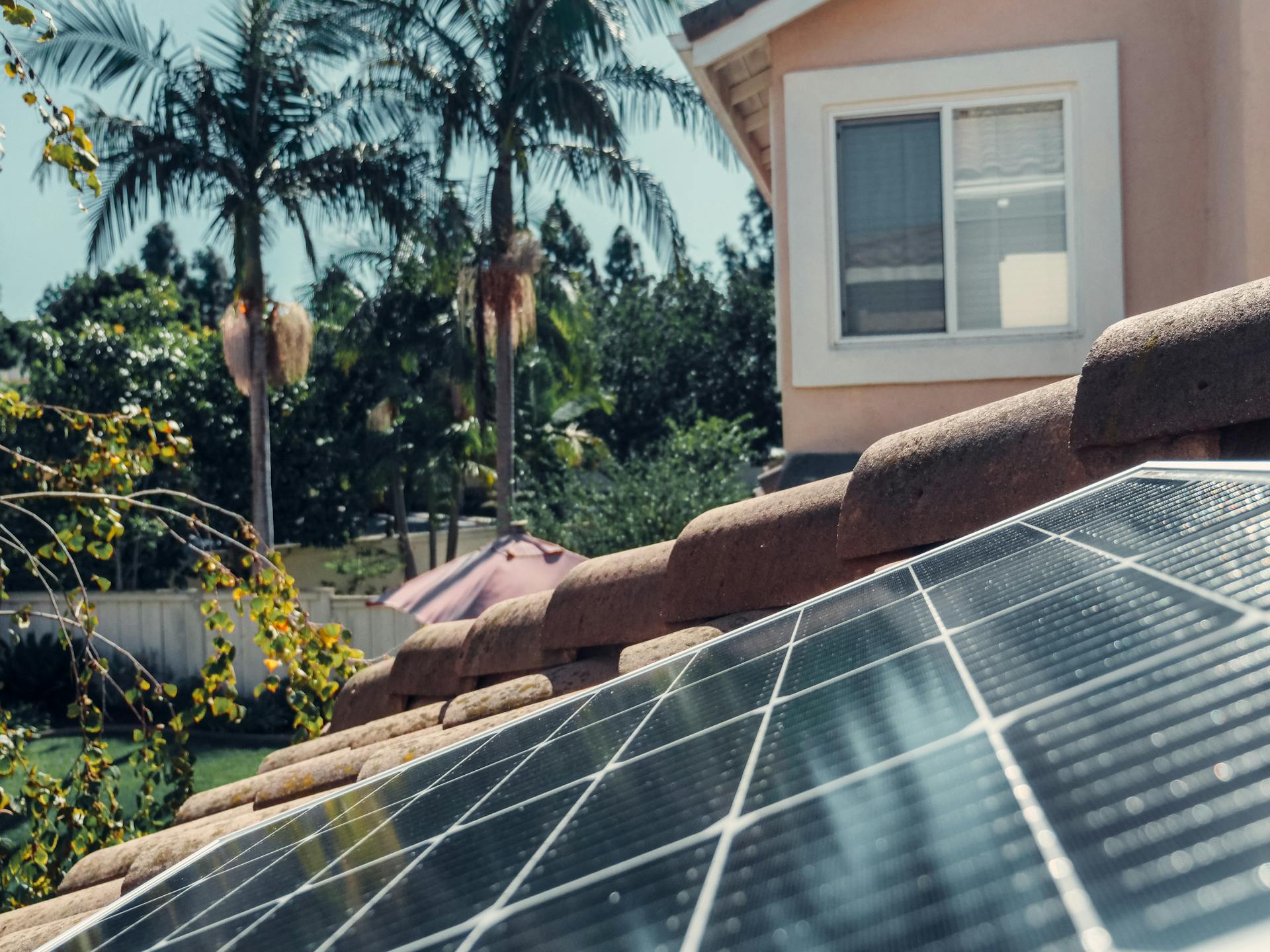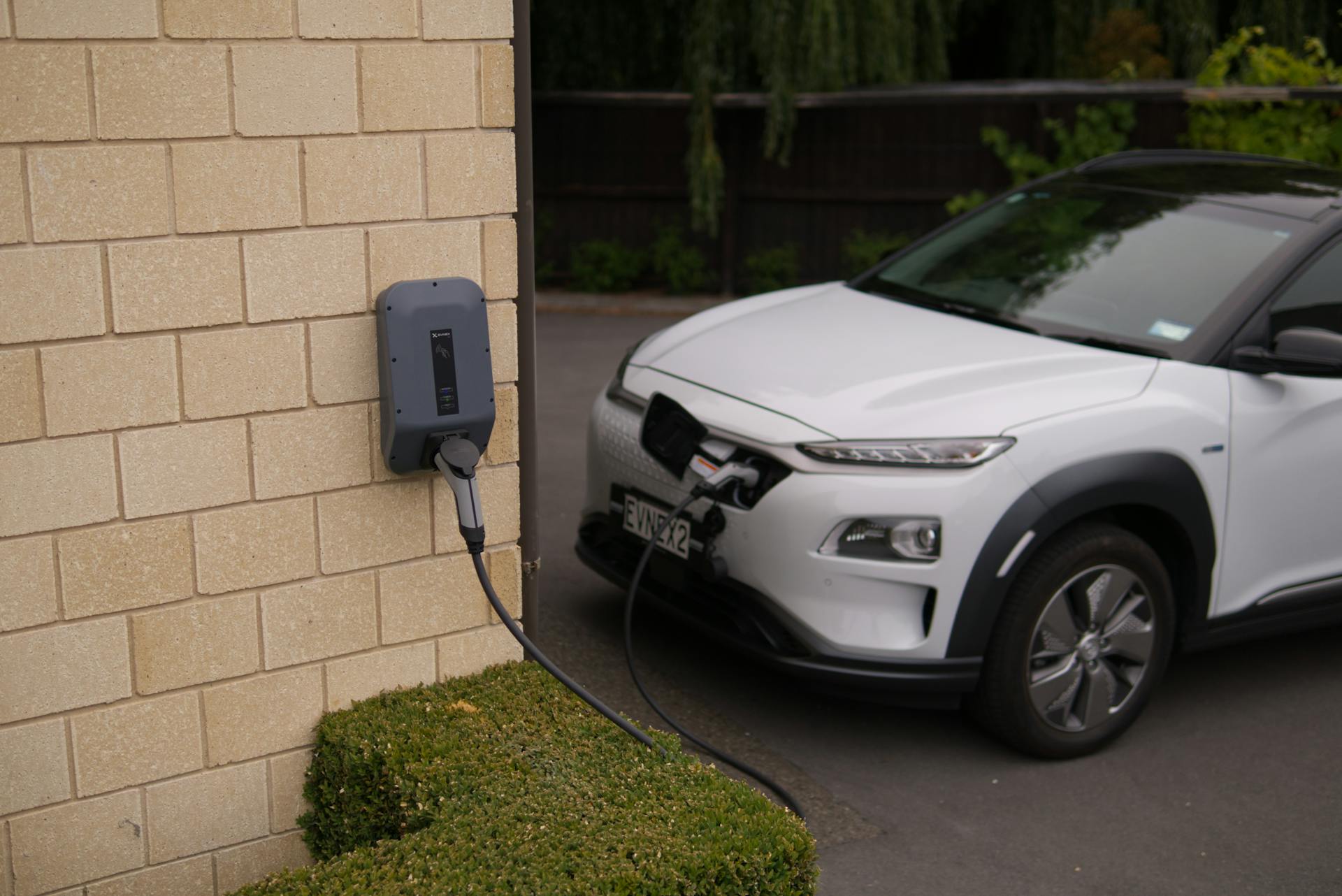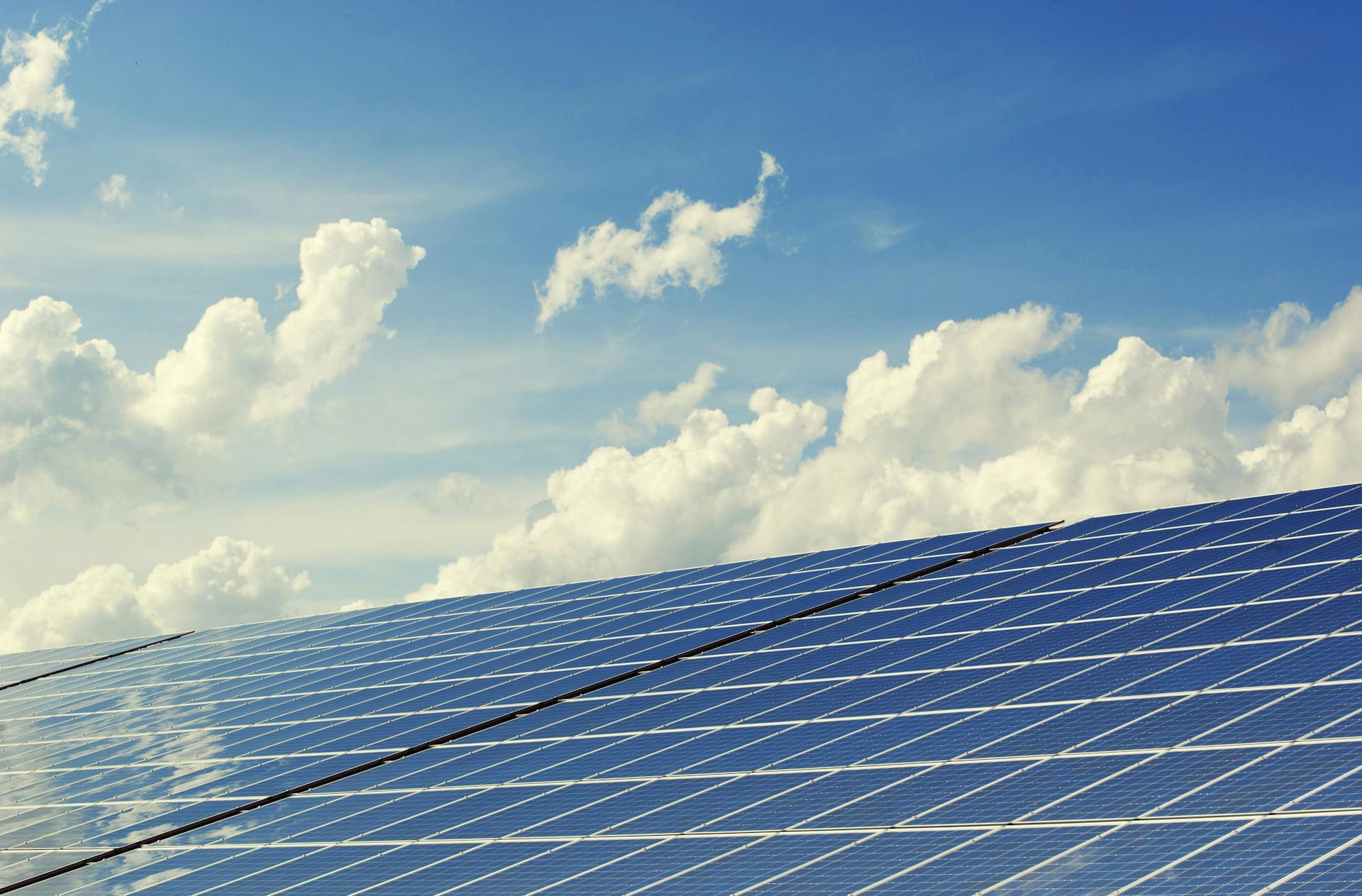In an age where rising energy costs and environmental concerns dominate headlines, homeowners are seeking effective ways to reduce their energy consumption without sacrificing comfort. Energy efficiency is more than just a buzzword; it’s a crucial aspect of homeownership that can lead to significant savings and a reduced carbon footprint. By implementing energy-efficient practices, homeowners can not only lower their utility bills but also contribute to a more sustainable future.
Imagine slashing your monthly energy expenses while creating a cozy living space that feels just right year-round. With energy-efficient upgrades and simple lifestyle changes, you can achieve both, making your home more comfortable and environmentally friendly. This article will explore essential energy efficiency tips for homeowners, offering practical advice to enhance your home’s performance while reaping the financial rewards. Let’s dive into the world of energy efficiency and discover how you can transform your living space into an energy-smart haven.
Understanding Energy Efficiency
Energy efficiency refers to the practice of using less energy to perform the same task or achieve the same level of comfort, convenience, and utility. It involves optimizing systems and processes to reduce energy consumption without compromising performance. For example, a high-efficiency furnace uses less fuel to heat a home effectively compared to a conventional model.
While energy efficiency focuses on reducing energy use through technology and upgrades, it differs from energy conservation, which is more about behavioral changes and lifestyle choices. Energy conservation involves actively reducing energy use, such as turning off lights when leaving a room or using public transportation instead of driving. Together, these approaches help homeowners not only cut costs but also lessen their impact on the environment.
Conducting an Energy Audit
Before making any upgrades, conducting an energy audit is a crucial first step. An energy audit helps homeowners identify areas where energy is being wasted and highlights opportunities for improvement. The audit evaluates the home’s energy consumption patterns, insulation quality, and the efficiency of appliances and systems.
Homeowners can perform a DIY energy audit by following a few simple steps:
- Inspect Your Home: Look for drafts around windows and doors, check insulation levels, and assess the efficiency of your heating and cooling systems.
- Analyze Energy Bills: Review your utility bills for any patterns or spikes in usage, which may indicate areas of inefficiency.
- Use an Energy Audit Checklist: Utilize online resources or checklists to systematically evaluate your home’s energy performance.
If the DIY audit reveals significant inefficiencies or if you want a more comprehensive analysis, consider hiring a professional energy auditor. They have specialized tools and expertise to conduct thorough assessments, providing detailed recommendations tailored to your home’s unique needs.
Home Improvements for Energy Efficiency
A. Insulation
One of the most effective ways to improve energy efficiency is by upgrading your home’s insulation. Proper insulation keeps the desired temperature inside your home, reducing the need for excessive heating or cooling. Various types of insulation, including fiberglass, foam, and cellulose, can be applied to different areas such as attics, walls, and floors. When upgrading insulation, ensure that it meets local building codes and is appropriate for your climate. Additionally, consider sealing gaps and cracks with caulk or spray foam to enhance the effectiveness of your insulation.
B. Windows and Doors
Energy-efficient windows and doors play a vital role in maintaining a comfortable indoor environment. They help prevent heat loss in the winter and heat gain in the summer. When selecting new windows and doors, look for models with double glazing and low-emissivity (low-E) coatings, which can significantly reduce energy transfer. In addition, weatherstripping and sealing drafts around existing windows and doors can provide an easy and cost-effective way to improve your home’s energy efficiency.
C. Heating and Cooling Systems
Regular maintenance of heating and cooling systems is essential for optimal performance and energy efficiency. Schedule annual inspections and cleanings to ensure these systems operate effectively. If your HVAC system is outdated, upgrading to a modern, energy-efficient model can lead to significant energy savings. Additionally, incorporating programmable thermostats allows homeowners to set schedules for heating and cooling, ensuring that energy is used only when needed. Smart home integration further enhances efficiency by allowing homeowners to monitor and control their energy use remotely.
Energy-Efficient Appliances
Investing in ENERGY STAR® certified appliances can greatly reduce your home’s energy consumption. These appliances meet stringent efficiency guidelines set by the U.S. Environmental Protection Agency and can significantly lower energy costs. When purchasing new appliances, look for energy ratings and consider features that enhance efficiency. Additionally, switching to energy-efficient lighting, such as LED bulbs or smart lighting systems, not only reduces energy use but also provides better lighting quality and longer lifespans.
Renewable Energy Options
Homeowners can also explore renewable energy sources to further enhance energy efficiency. Solar panels are a popular option, converting sunlight into electricity to power homes. While the initial investment can be significant, many states offer incentives and rebates, making solar installations more affordable in the long run. Other renewable options include solar water heaters and geothermal systems, which can provide efficient heating and cooling solutions. Transitioning to renewable energy not only lowers utility bills but also contributes to a more sustainable energy future.
Behavioral Changes to Enhance Energy Efficiency
Beyond upgrades and renovations, adopting simple behavioral changes can significantly enhance your home’s energy efficiency. Simple habits, such as turning off lights when leaving a room, unplugging devices when not in use, and using appliances during off-peak hours, can contribute to lower energy bills. Additionally, reducing the temperature on your water heater can lead to substantial savings, as heating water accounts for a significant portion of household energy use.
Conclusion
In conclusion, improving energy efficiency is essential for homeowners looking to save money, reduce their environmental impact, and enhance their home’s comfort. By conducting energy audits, making informed upgrades, investing in energy-efficient appliances, and adopting sustainable practices, homeowners can create an energy-smart living environment. It’s time to take action and embrace energy efficiency for a more sustainable and cost-effective future.
Frequently Asked Questions (FAQs)
1. What are the most cost-effective ways to improve energy efficiency in my home?
The most cost-effective improvements typically include sealing drafts around windows and doors, upgrading insulation, and switching to LED lighting. Performing a DIY energy audit can help identify specific areas in your home where you can save energy without significant upfront costs.
2. How much can I save by making my home more energy-efficient?
Savings can vary widely based on the improvements made, your home’s current energy consumption, and local energy rates. On average, homeowners can save 10% to 30% on energy bills by implementing energy-efficient practices and upgrades.
3. How often should I conduct an energy audit?
It’s a good idea to conduct an energy audit at least once every few years or whenever you make significant changes to your home, such as renovations or new appliance purchases. Regular audits help ensure that your home remains energy-efficient.
4. Are there any financial incentives for making energy-efficient upgrades?
Yes, many governments and utility companies offer rebates, tax credits, and other incentives for energy-efficient upgrades. Check with your local energy provider and government resources to find out what programs are available in your area.
5. What is the lifespan of energy-efficient appliances compared to standard appliances?
Energy-efficient appliances typically have a similar lifespan to standard models but can save more on operating costs over time. Many ENERGY STAR® appliances also come with warranties that can extend their life, offering added peace of mind.
6. Is it worth investing in renewable energy sources like solar panels?
Yes, investing in renewable energy sources can lead to significant long-term savings on energy bills and may increase your home’s value. Additionally, many states offer incentives that can offset the initial installation costs, making it a more accessible investment.
7. How can I encourage my family to adopt energy-efficient habits?
Start by educating your family about the benefits of energy efficiency. Involve them in simple actions, such as turning off lights, unplugging devices, and setting schedules for using appliances. Creating a family energy-saving challenge can also make it fun and engaging.


